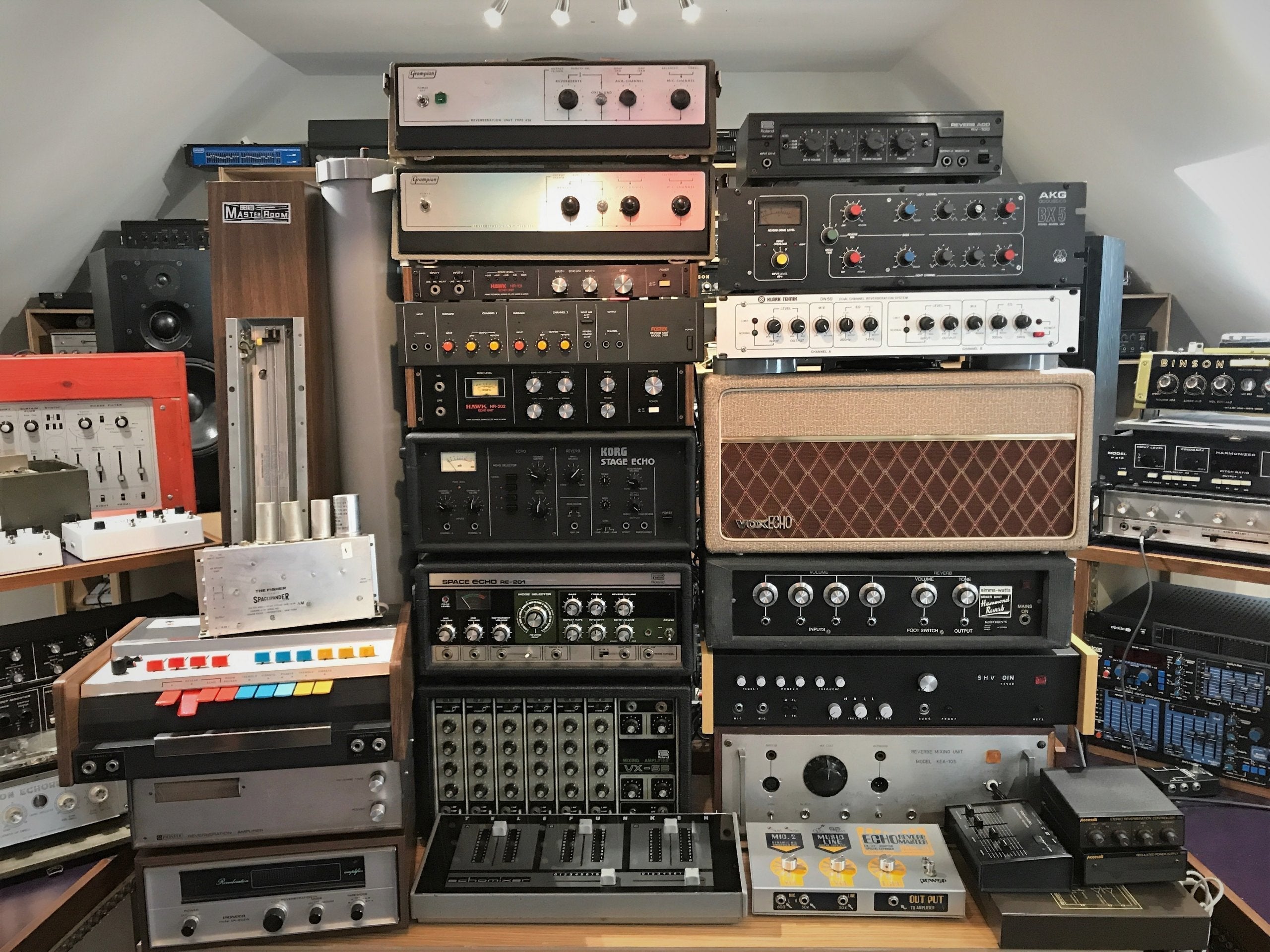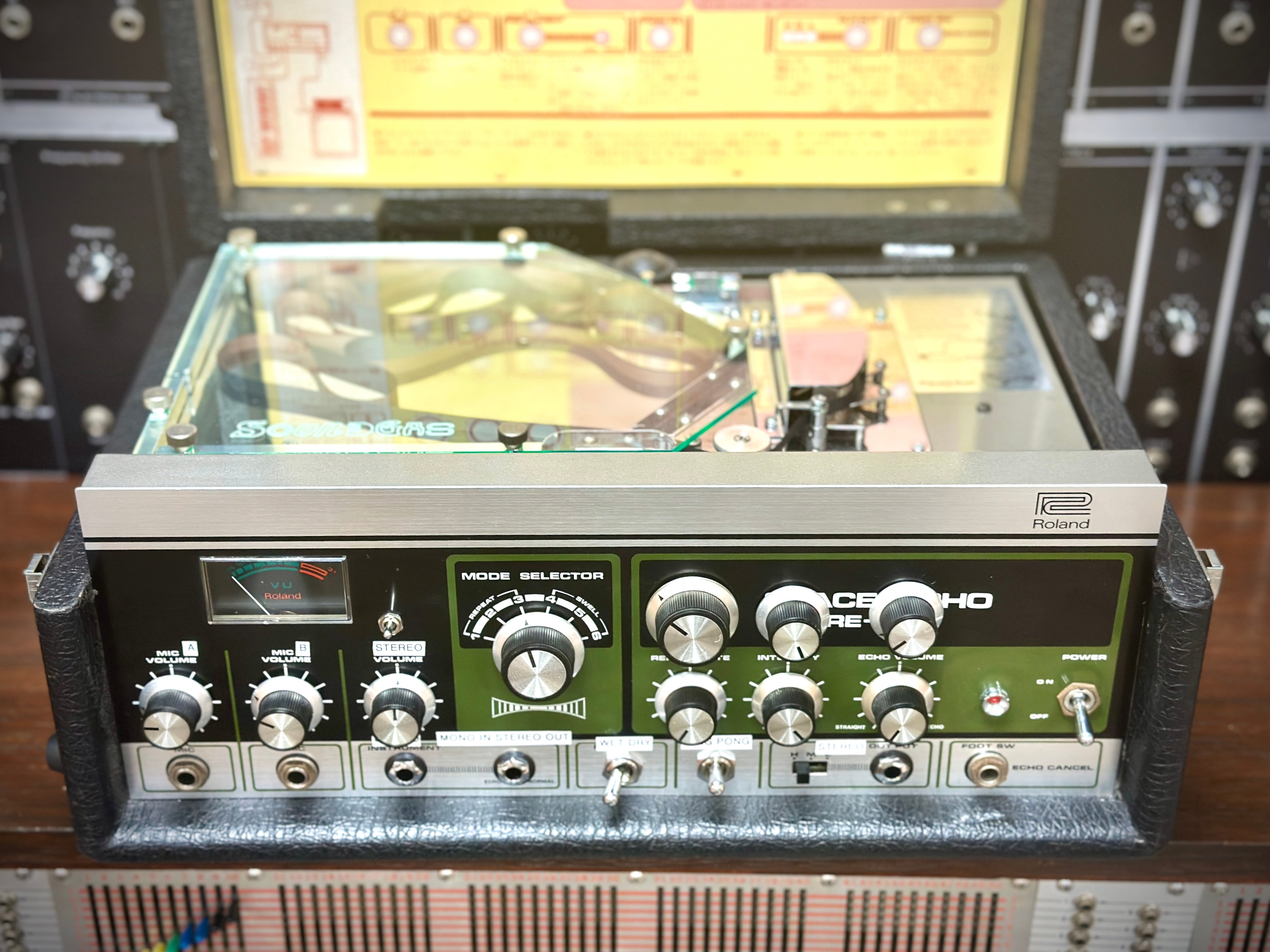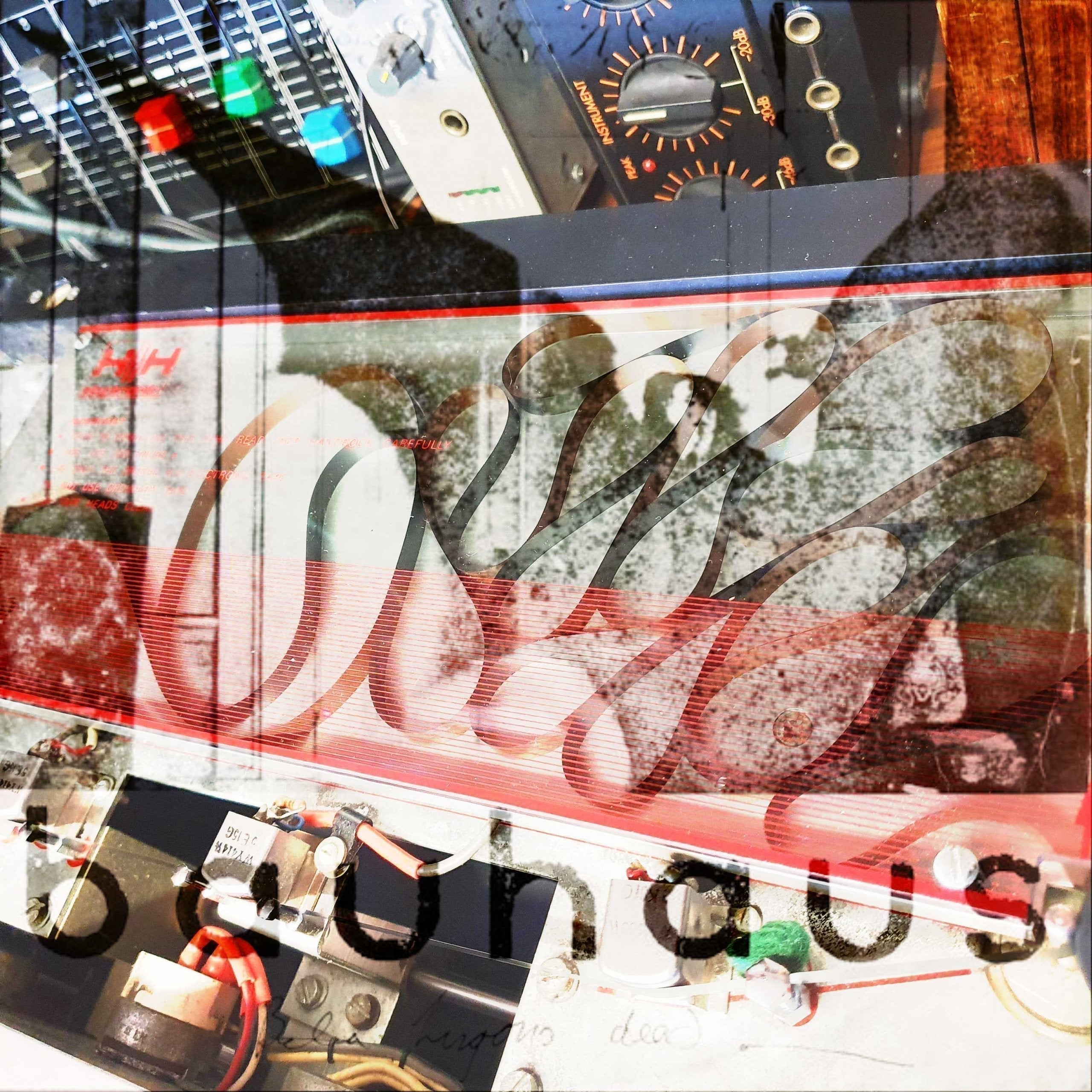
How To Buy Vintage Gear Well (Part One)
How To Buy Vintage Gear Well (Part One)
We all love a bargain; it seems nearly everybody knows someone else who got lucky and picked up a classic for next to nothing, though it never seems to happen to you or I (although, on reflection the price I paid for my first Grampian 636 now seems a steal, but at the time £70 was the going rate for one in need of work!). I remember the eagle-eyed guy who spotted a very early Marshall amp head sitting abandoned in a skip (dumpster US fans) full of garbage that, once restored, was valued at £10,000 (true story, regrettably it wasn’t me). Or the chap who tells you his mate just picked up a mint 303 at a car boot sale for £15 last week (my brother bought his 808 for £150 - though that was over 20 years ago). In the age of the internet, when anyone with a smartphone can get an idea of what that strange grey box might be worth before they heave it into the skip (like the couple about to jettison a near mint Grampian 636 last year, who found our site and were delighted to learn their ‘rubbish’ would pay for a good holiday). Real bargains are getting harder to find - we always love to hear about them, so please do tell us in the comments section below - and they tend to require time and dedication (or just plain good fortune).
This article can’t guarantee to show you how to replicate the stories above (sorry), but will attempt to advise on how not to get burned when buying vintage gear, especially online. I’ve been scouring adverts since those long gone days when they only appeared in newsprint, and have developed a pretty good sixth sense as to what constitutes a good buy.
In the age of the internet, when anyone with a smartphone can get an idea of what that strange grey box might be worth before they heave it into the skip (like the couple about to jettison a near mint Grampian 636 last year, who found our site and were delighted to learn their ‘rubbish’ would pay for a good holiday). Real bargains are getting harder to find - we always love to hear about them, so please do tell us in the comments section below - and they tend to require time and dedication (or just plain good fortune).
This article can’t guarantee to show you how to replicate the stories above (sorry), but will attempt to advise on how not to get burned when buying vintage gear, especially online. I’ve been scouring adverts since those long gone days when they only appeared in newsprint, and have developed a pretty good sixth sense as to what constitutes a good buy.
Time Is Money
Incidentally, in the online era scouring newspapers, yard sales and the like is once again very much where you can still strike it lucky. The downside, or true cost, of an offline bargain is likely to be time: how many hours/days/weeks did our lucky 303 protagonist actually spend to land that attention-grabbing bargain? Most of us have rejoiced at winning an online auction for a piece of gear that appears to be a snip at the final sale price, only to find it either arrives broken due to careless packing/couriers, or not working at all as described. Enter the world of the time-suck: the bargain turns out to be anything but. For those of us with busy schedules, true bargains can often found by choosing the more expensive option - something that arrives swiftly and safely and works perfectly for years to come without incident. If your time is really precious, then this is a real bargain and of course is very much what Soundgas is about: we take the uncertainty out of buying vintage gear so you can get on making music. Yet not everyone can afford that option: if you’re going to have any real success hunting down less-expensive examples of classic gear, then you either need to really know your stuff when it comes to fixing vintage electronics (or make sure your best friend is a versatile technician). But beware: some of the worst purchases I made came from the hands of enthusiastic amateurs - or techs working on gear of which they had no prior experience - who’d ‘replaced some parts’. Indeed, when I'm asked to buy a Binson Echorec that’s ‘basically working as it’s already been serviced’ I tend to decline, unless the price is similar or less than an unserviced machine. Any tech who achieves good results with a Binson will tell you it’s often less arduous to strip them down completely and start again than try and chase down and rectify previous mistakes, or work out what hasn’t been done.
What Is My Gear Worth?
This is a question we are regularly asked. With vintage electronic gear, it can be almost impossible to give a fair and accurate answer. It appears that some private sellers (and lazier dealers) take a brief look at the market and simply price their piece the same as the most expensive example for sale (or recently sold) without considering what might justify a higher asking price. So when you scan listings, or spot that longed-for elusive piece, I advise that you pause before hitting the buy button and ask some questions of yourself (and ideally the seller). Has it been serviced? If so, has it in fact been serviced by someone who knows this particular piece inside out and is able to squeeze the very best performance from it, as well as anticipating future problems and taking necessary steps to ensure future reliability? If it’s not been recently-serviced/calibrated then you probably need to factor in the cost of a visit to a tech (if not immediately, then in the near future). Is there a list of work done (if from a private seller, then sight of the tech’s report is advisable - when serviced and by whom)? If it comes with a previous dealer’s warranty or receipt, then check who they are and whether they’re likely to be able to help in future if needed. A little time taken before buying can save a world of pain later: the old adages ‘caveat emptor’ (let the buyer beware) and ‘only fools rush in’ are especially appropriate when buying vintage gear.
This Is Not A Test
Most listings refer to an item as working well, or having been tested. Ask yourself if it has been tested by someone who understands the piece fully and can spot any less obvious issues that could point to deeper (or future) troubles? If it’s a less common item, you should probably assume that it may well have undisclosed issues - not because the seller is hiding anything, but they possibly wouldn’t know what to look for. And ‘untested’ very often does mean ‘not working’ in online selling (though we and some other dealers and busy studios genuinely do sell clearance items we’ve not had time to test thoroughly); of course sometimes there’s a genuine reason, such as missing power supply or cable - this can be a sign of a potential bargain, but not a guarantee.
Eventide Harmonizers (especially the H-910) are a particular case in point: we love them and have now bought a fair number sold as ‘working’ - even ‘perfectly’ (sometimes ‘serviced’) - that have exhibited multiple faults. They also are very susceptible to being damaged in transit. If buying an Eventide H-910 be prepared for disappointment - that is if you know what a perfect one should sound like! That’s not to say that one of these crazy devices that isn’t 100% is without reward: many that we’ve had that functioned to some degree were a hoot to play with, but once restored to as near perfection as possible, they really came to life.
Can't Touch This
I have learned along the way that a particular danger sign with old gear is when a really good tech refuses to entertain working on certain items. Finding an engineer who can restore 910s reliably is far from easy. I've bought from sellers who claim expertise - mostly to see if they are candidates for servicing our own units - but their work has rarely been up to scratch. Happily, we have found a specialist who appears to lavish the level of care and attention on them they deserve and that we expect: the last 910 we received was a joy to behold and to use. I doubt we can ever recoup the true cost of our Eventide experiences: there’s a pile of discarded machines/parts, many bought as functioning, and many hours of tech time spent analysing and testing. But that’s what we’re here for - ‘mistakes’ are really just learning opportunities and I've enjoyed the ride: they are truly remarkable machines. As Tony Visconti famously-said to Eno and Bowie before joining them in Berlin with his H-910: “It fucks with the fabric of time”. Amen. In part two of this article, I’ll share more of my thirty years’ experience buying vintage gear and share more insights to help you see the true meaning behind the words (and pricing) in sellers’ descriptions and also give further examples of what to look for (and questions to ask) when buying. Happy hunting!
==========
Tony Miln is the co-founder (& Head Gear Head) of Soundgas. See/hear him in action on Instagram.
In part two of this article, I’ll share more of my thirty years’ experience buying vintage gear and share more insights to help you see the true meaning behind the words (and pricing) in sellers’ descriptions and also give further examples of what to look for (and questions to ask) when buying. Happy hunting!
==========
Tony Miln is the co-founder (& Head Gear Head) of Soundgas. See/hear him in action on Instagram.
Tags:
Previous post
The True Cost Of Vintage Gear (The Quest For Techs Part 2)
Next post







